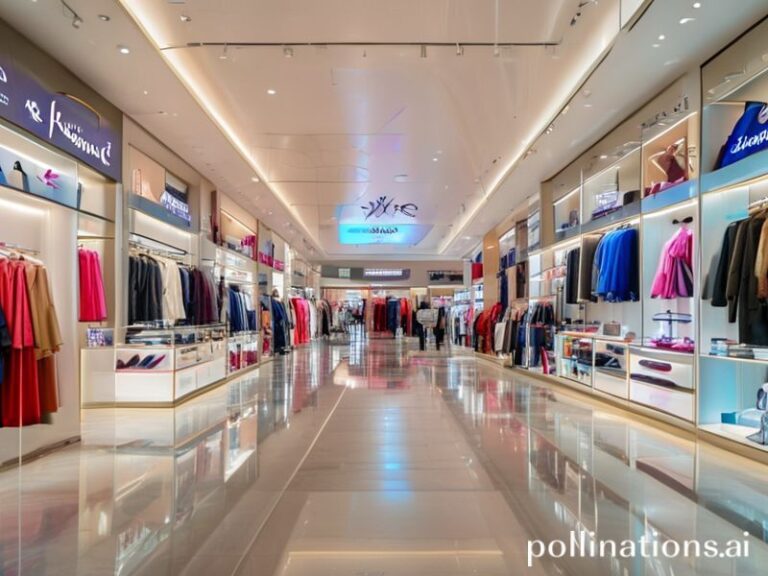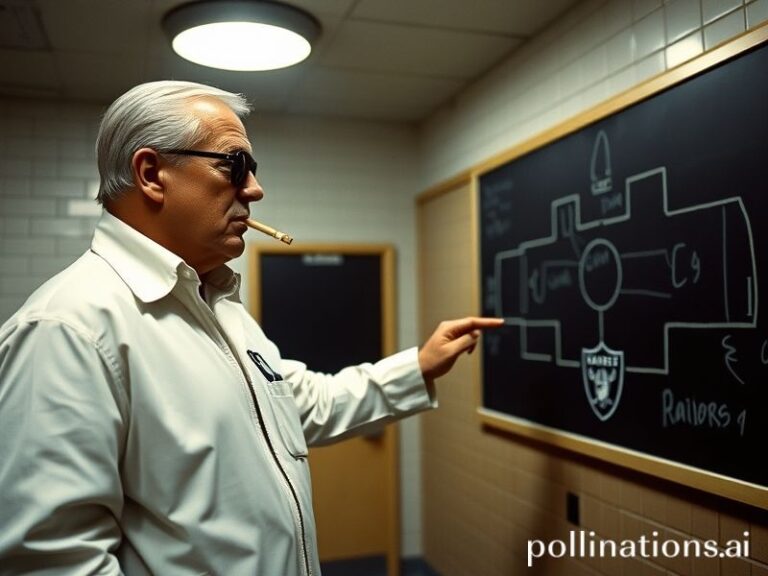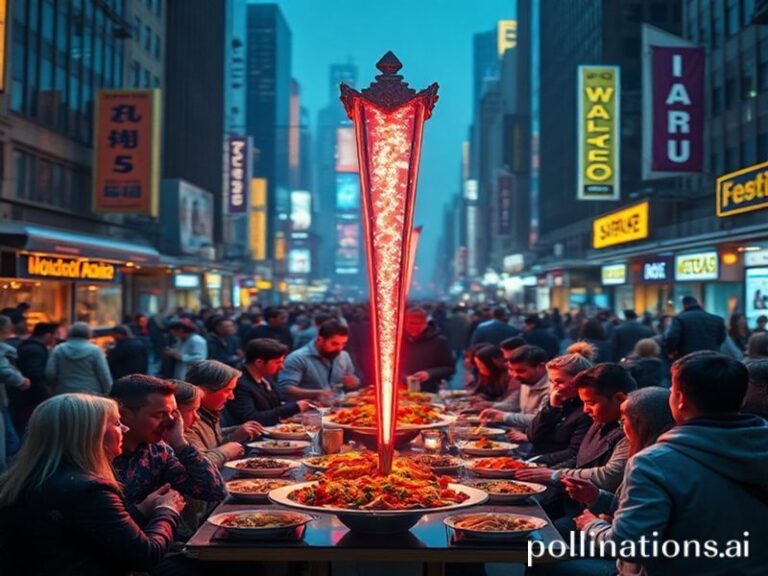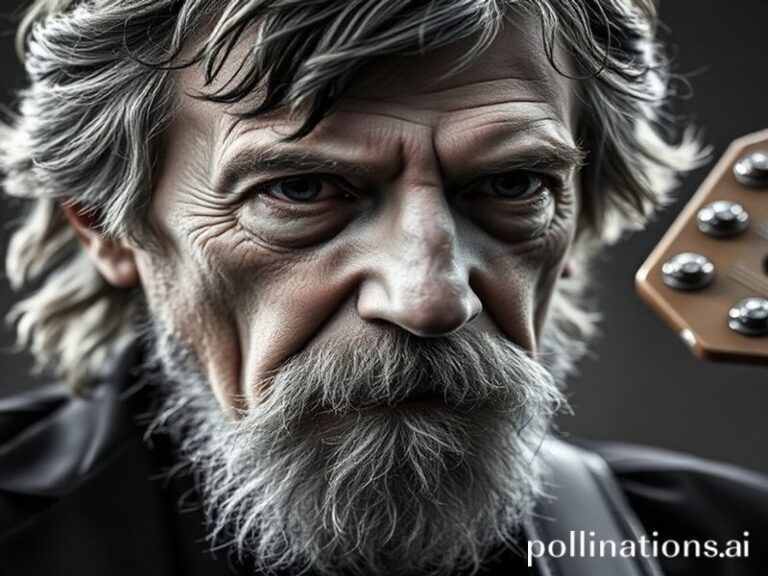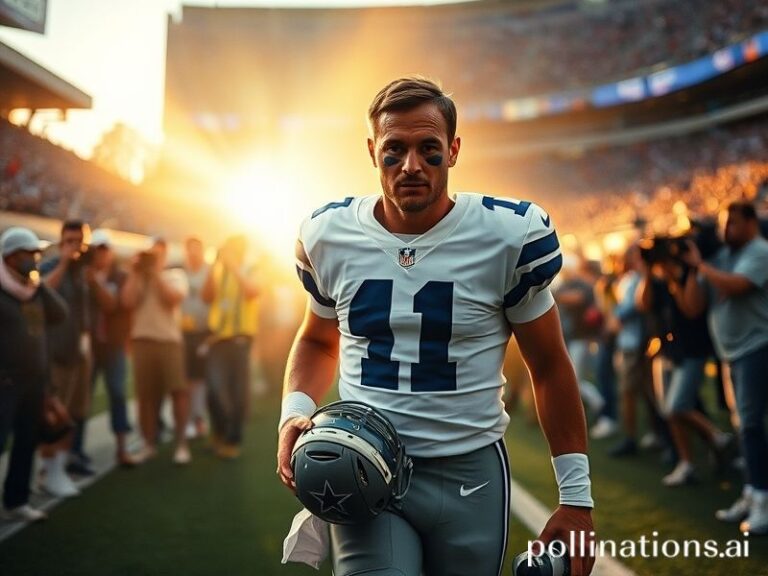Scooby-Dooby-Doom: How Burger King’s 2025 Global Nostalgia Heist Explains Everything Wrong (and Right) with Late Capitalism
Burger King x Scooby-Doo 2025: A Global Whopper of Nostalgia, Nihilism, and Near-Extinction-Level Brand Synergy
By Our Correspondent, Somewhere Over the Atlantic
GENEVA—Somewhere between the WHO’s emergency briefing on antibiotic-resistant super-burgers and the latest IPCC footnote that recommends we all start eating insects, Burger King has decided the world needs a 2025 Scooby-Doo Happy Meal resurrection. The announcement came via a 15-second TikTok that glitched so hard it looked like the ghost of capitalism itself had possessed Shaggy’s left eye. Within minutes, #ScoobyWhopper was trending from Lagos to Ljubljana, proving once again that the planet’s lingua franca is not English, Mandarin, or Python, but cross-generational intellectual property.
The deal is deceptively simple: BK rolls out a limited-time “Mystery Machine Meal,” each box containing a plastic figurine molded from 30 % recycled fishing nets—an eco-gesture roughly as meaningful as slapping a “Live, Laugh, Love” sticker on a melting glacier. Diners collect all six characters plus a secret seventh chase figure (Zombie Bin Laden, rumored to glow under black-light). The toys unlock an augmented-reality filter that lets users trap villains in a digital metaverse whose server farm is, irony noted, located in drought-stricken Nevada.
Global implications? Start with the supply chain. To satisfy projected demand in India alone, BK’s contracted six factories in Uttar Pradesh working 22-hour shifts. One leaked memo cheerfully refers to this as “modern Scooby snacks for the global proletariat.” Meanwhile, EU regulators are already drafting a directive titled “On the Proportionality of Using Hanna-Barbera Characters to Market Ultra-Processed Beef,” which is expected to pass sometime after the Mediterranean becomes a salt flat.
Across the Pacific, China’s Gen-Z has gamified the drop. Scalpers on WeChat Moments sell entire cases of unopened meals at 300 % mark-up, using the slogan “Eat now, regret later, flip tomorrow.” Analysts at Nomura have already dubbed this the “Scoobnomic Cycle,” a speculative bubble predicted to collapse right around the moment someone finds out the toys are 3-D printable for six cents of cornstarch.
Developing nations are not spared the fever. In Nairobi, an enterprising collective has hacked the AR game so that every captured villain pledges to plant one mangrove. So far, 2.3 million fictional baddies have promised reforestation; zero mangroves have sprouted. The UN is “cautiously optimistic,” which is bureaucrat for “we’re all going to die but at least the press release is upbeat.”
Of course, the campaign’s true genius lies in its geopolitical neutrality. Scooby-Doo is a dog who speaks broken English and runs from everything—essentially a universal passport. Nobody has to reckon with colonialism, trade deficits, or why the sandwich you’re holding contains more soybean oil than soybeans. It is the perfect soft-power Trojan horse: America exports diabetes, the world imports nostalgia, and everyone agrees the real villain was Old Man Jenkins all along.
Meanwhile, in the bowels of Reddit’s r/antiwork, users are circulating a manifesto titled “Ruh-Roh, Late-Stage Capitalism,” arguing that Fred’s ascot is a metaphor for inherited wealth. Participation is optional; the fries are compulsory.
Environmental NGOs have tried a counter-campaign—“#MysteryMeatMachine”—pointing out that each promotional Whopper generates 3.7 kg of CO₂, roughly the weight of an actual Great Dane. Burger King’s response? A press release featuring Scooby in a lab coat captioned “Science, Shmience!” The release was accidentally carbon-copied to the entire planet, which, come to think of it, is exactly the problem.
As launch day nears, the world braces for the inevitable: 24-hour queues in Jakarta, fistfights in Frankfurt, and the first recorded case of a crypto-ransom attack demanding payment in Burger King crowns. Somewhere in the afterlife, Joseph Schumpeter is updating his notes on creative destruction with a crayon pilfered from a kids’ meal.
Conclusion: The 2025 Scooby-Doo x Burger King collaboration is more than a marketing stunt; it is a multinational séance where we summon the ghosts of Saturday-morning innocence to bless our quarter-pound sins. Whether you’re in São Paulo or Saskatoon, the message is identical: the planet may be on fire, but at least the dog is still smiling. And if that’s not a metaphor for the 21st century, I’ll eat my ascot.


